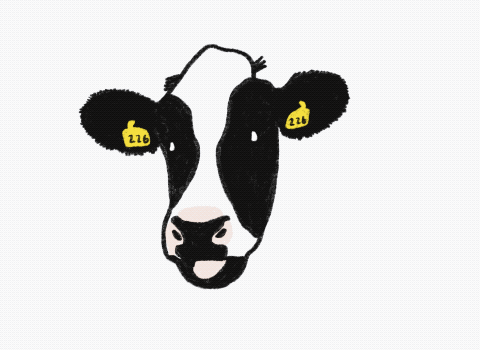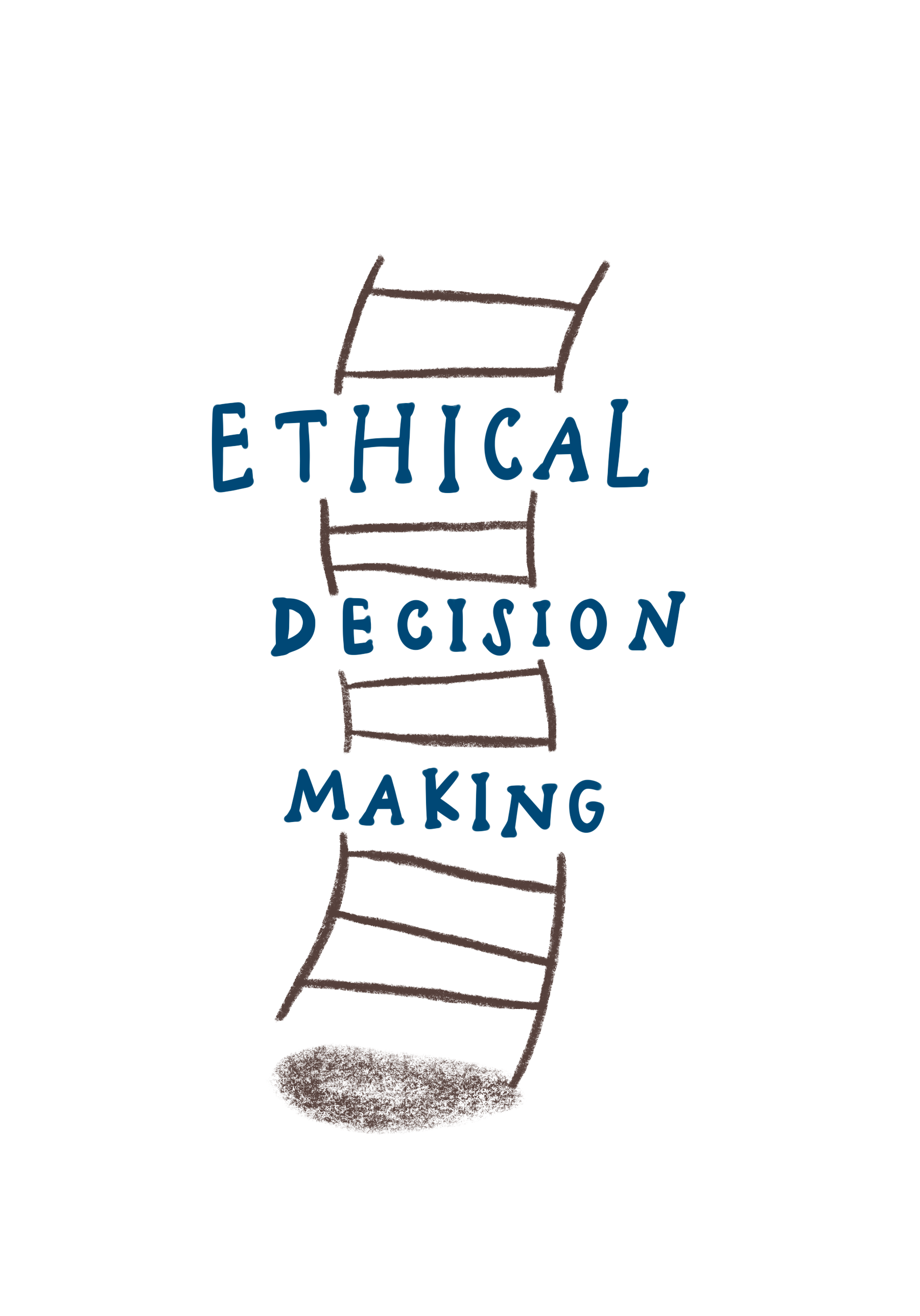I thought I knew everything there is to know about compassion, until my dogs, Comet & Cosmo came into my life. They have taught me so much about compassion, specifically compassion towards animals, not only to those we commonly have as pets, but also to livestock (cows, pigs, chickens, fish etc).
I never once questioned my dogs' intelligence, however, I'd learnt about animal intelligence as a whole by chance. As I've come to learnt—there are little differences between animals we have as pets and animals raised as livestocks. Like us, they all yearn for life, have big hearts and have the capacity to suffer.
Research on animal intelligence has found that pigs are even smarter than dogs & that chickens are as intelligent as our 4-year-old baby. Literature on animal ethics have debated every possible issue/outcome you can possibly think of, and it leaves me rooting for the animals every single time.
While we'd never thought of hurting our beloved pets, we are so disconnected from farm animals that we treat them like machines completely devoid of feelings—despicable beyond comprehension.
Eating dogs is no different from eating pigs, cows, chickens etc. And for this reason, it's why there is backlash against those who oppose the annual Yulin Dog Meat festival in China. However, I am not suggesting we abolish our hypocrisy to include dogs in our diet BUT I am suggesting we extend our circle of compassion that we have for our pets to farm animals too.
The ethics of diet is a controversial subject. Anything involving ethics is controversial because it triggers all sorts of "difficult" emotions upon discussion—defensiveness, anger, confusion, shame, guilt. Even though we may not know the specifics of what happens in factory farms—we all have an "idea" of what it's like to the extent where we would not want to know or to talk about it. The majority of us are meat eaters so such reactions are only natural because who really wants to be reminded that they are complicit in a system of cruelty.


The reality of factory farming has been something that I feel is very important to discuss but I have shied away from doing so for the longest time because I had this “fear of being criticised" for suggesting how someone should live their lives—what they should or shouldn’t eat. I realised that I felt this fear because though i believe we should be able to choose what we want to eat, I had this desire deep down to “change” people.
Overtime, I have only been able to let go of this fear because I have found a deeper meaning in empowering people, as opposed to changing people. By empowering—I mean through sharing knowledge and discussion that enable them to make informed decisions on their own.
Making informed decisions is the main point of this post. I want to encourage everyone to start exploring what it means to eat meat, to read and watch documentaries on the topic—"where does meat come from? How is it produced? How are animals treated, and to what extent does that matter? What are the economic, social and environmental effects of eating animals"?

These things matter a lot. With informed decision making, a healthy, sustainable and ethical life is possible, you don't have to pick & choose or prioritise.
I have started by addressing ethics, but health & environmentally, especially in the face of a pandemic and climate change, the shift in diet to a more plant-based one, can do wonders! For me, the interconnectedness of ethics, health and the environment have left me mind-blown... that a diet shift from meat-based to plant-based can answer so many of today’s problems.
These findings are hard to swallow, simply because meat tastes so good to most of us. From childhood, meat has been a staple diet, and even a privilege/luxury, while our relationship with plant-based foods have not been as well received or understood. But I want you all to give animals a chance—to see them for what they are & why their lives matter more than our tastebuds.
However, back to my main point of my making informed decisions—it may look different for everyone and it may not change overnight. But even if you make small changes such as reducing meat consumption, advocate for animal welfare and bring to light the reality of animal cruelty (factory farming, animal testing)—that is a step forward.

**Note: I do want to make a distinction though that in Cambodia, there is no factory farm to my knowledge but it's important to note that most if not all of the imported "meats" & those used in international chains and franchises are products of factory farming. In the West, 99.9% of meats are from factory farms and it is a matter of time before factory farming becomes our reality too—so we must explore what it means.

